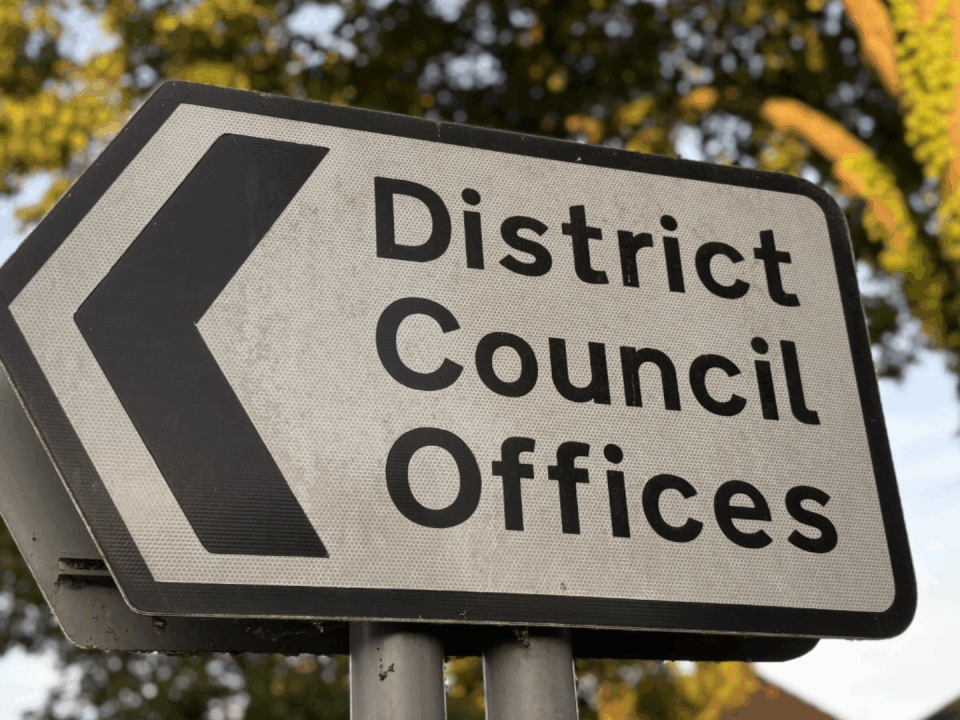How do we end the ‘war on the motorist’?
Some months ago, following byelection fallout around the issue of ULEZ expansion in London, government voices began criticising LTNs and 20mph limits, reigniting the war on the motorist debate.
Meanwhile in September, Wales made the move to default 20mph in urban areas, implementing a long promised policy in the face of vocal opposition.
Fast forward to last week and, despite being trailed in the lead up to the Kings speech, policies reflecting these priorities was notably absent. We did get the promise of a legal framework for self-driving vehicles; a good step forward in preparing for the future. And might there be a glimmer of hope in the line ‘my government will deliver a long-term plan to regenerate towns and put local people in control of their future’.
Amid the latest cabinet reshuffle, with a new ministerial team coming into Transport, and the likelihood of a General Election in the next 12 months, we ask – what might we hope to achieve over the next year?
While unlikely to expect any dramatic changes in this short timeframe, there are still plenty of opportunities for positive steps for be made, beginning with the publication of the Road Safety Strategic Framework from the Department for Transport.
The long overdue document would help provide unified guidance to Local Authorities with clarified expectations around the Safe System, an area where we are particularly committed to building capacity and upskilling the community through specialised Safe Systems training.
We also remain hopeful that legislation can be passed to enable the new Road Safety Investigation Branch to begin its work and provide an invaluable boost to that component of the Safe System. Even without primary legislation, there is undoubtedly opportunity to enhance our understanding or road traffic injury and develop meaningful countermeasures.
With all the debate going on around 20mph, it’s a good opportunity to have a wider discussion around effective speed management; how we go about setting of speed limits and how this works within a Safe System, perhaps even resulting in an update to the now 12-year-old guidance that is inconsistent with Safe System principles of human fragility.
Active Travel schemes will continue at a local level, although we will need to wait a little longer to see whether there is any additional funding announced in the Autumn budget for new schemes.
And if policies like 20mph, or LTNs or ULEZ do encourage some people to travel by alternative means to private motor vehicles is that a bad thing for the British people? Former chief medical officer, Sir Liam Donaldson once said “The potential benefits of physical activity to health are huge. If a medication existed that had a similar effect, it would be regarded as a ‘wonder drug’ or ‘miracle cure’.”
The reality is that the current model of private car ownership, particularly with internal combustion engines being used for a large proportion of journeys is just unsustainable in the long term. It’s inconceivable that our transport behaviours will be remain unchanged over the coming decades, so it’s not a question of whether we change but how. And, crucially, what is the evidence that will help us to make that transition? Novel sources of data, such as that from connected vehicles provides an example of how we can introduce significant innovation into our transport planning and our assessments of safety, stepping back in time to pick up gather any missing data on vehicle speeds and movements before and after schemes have been introduced. To find out more on this, visit our Traffic Insights page.
It won’t happen overnight, but a just transition to a safer, more active, lower carbon, more equitable future has to be in view. As with the horse and carriage, change is inevitable as technology and society moves on. So, let’s think about enhancing the life of the motorists rather than unsubstantiated claims of war – they are after all more than the sum of their travel choices – they are people, with passions and problems, choices and challenges – how do we support them to a better future.




